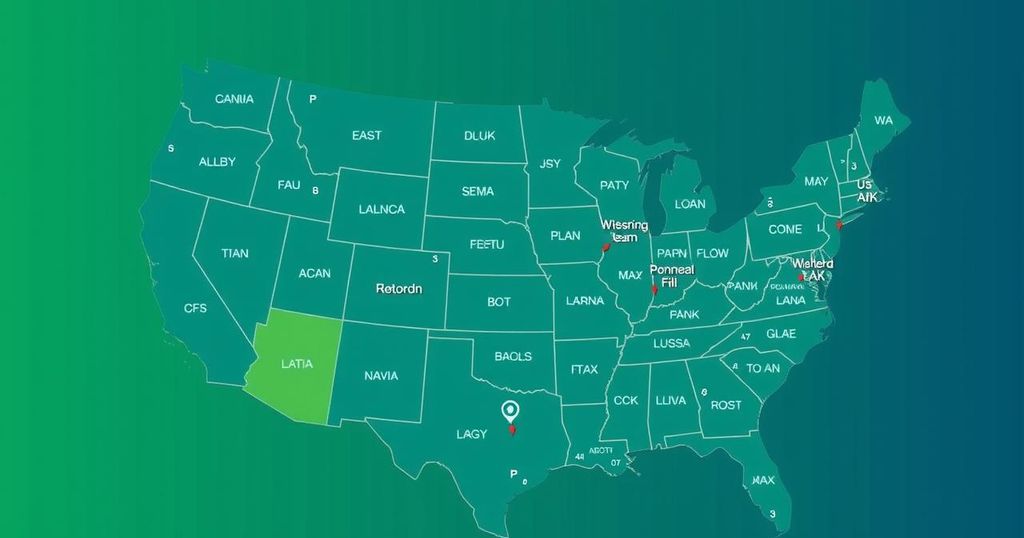The US climate delegation actively participates in COP29 in Baku despite Donald Trump’s impending inauguration, focusing on enhancing climate finance for developing nations. John Podesta leads discussions on the US’s ongoing commitments to climate initiatives, emphasizing the importance of US leadership even amid uncertainties about future policies. Negotiators aim for substantial advancements in climate finance while ensuring collaboration among global counterparts, showcasing resilience in the face of potential shifts in US climate policy.
Despite the impending transition in leadership following the upcoming inauguration of Donald Trump, the current US climate delegation remains active at the COP29 climate conference in Baku. Led by John Podesta, President Biden’s climate envoy, US officials are engaging in negotiations focused on increasing financial support for developing nations grappling with climate challenges and transitioning to renewable energy. The influence of former President Trump, known for his climate skepticism, looms over discussions, prompting concerns about future US climate initiatives. Podesta emphasized the commitment to continuation and leadership in global climate efforts, asserting that US activity would persist regardless of potential policy reversals by the incoming administration. He highlighted key initiatives such as imposing fees on methane emissions from oil and gas companies. Ali Zaidi, climate adviser to Biden, reflected on past actions during Trump’s presidency, noting that federal interventions under Obama remained intact despite attempted rollbacks. He also remarked on the importance of ambitious climate finance discussions, as there are calls for increasing annual aid to $1 trillion.
The article focuses on the activities and initiatives of the US climate delegation at the COP29 conference in Baku during a politically turbulent time, characterized by the transition to a new administration. The significance of US participation is underscored by the discussions surrounding climate financing and governmental commitments to international climate agreements. The contrast between the current administration’s stance on climate change and the anticipated policies of the incoming administration led by Donald Trump is critical in shaping the context of negotiations at COP29.
In conclusion, the US climate team, while facing an uncertain future with the approaching change of administration, strives to maintain momentum in international climate discussions at COP29. The commitment to addressing climate finance and fostering cooperation among countries remains a priority, despite challenges posed by political transitions. The active participation of US officials reflects a dedication to climate leadership, underscoring the importance of continued global efforts to combat climate change.
Original Source: www.barrons.com






